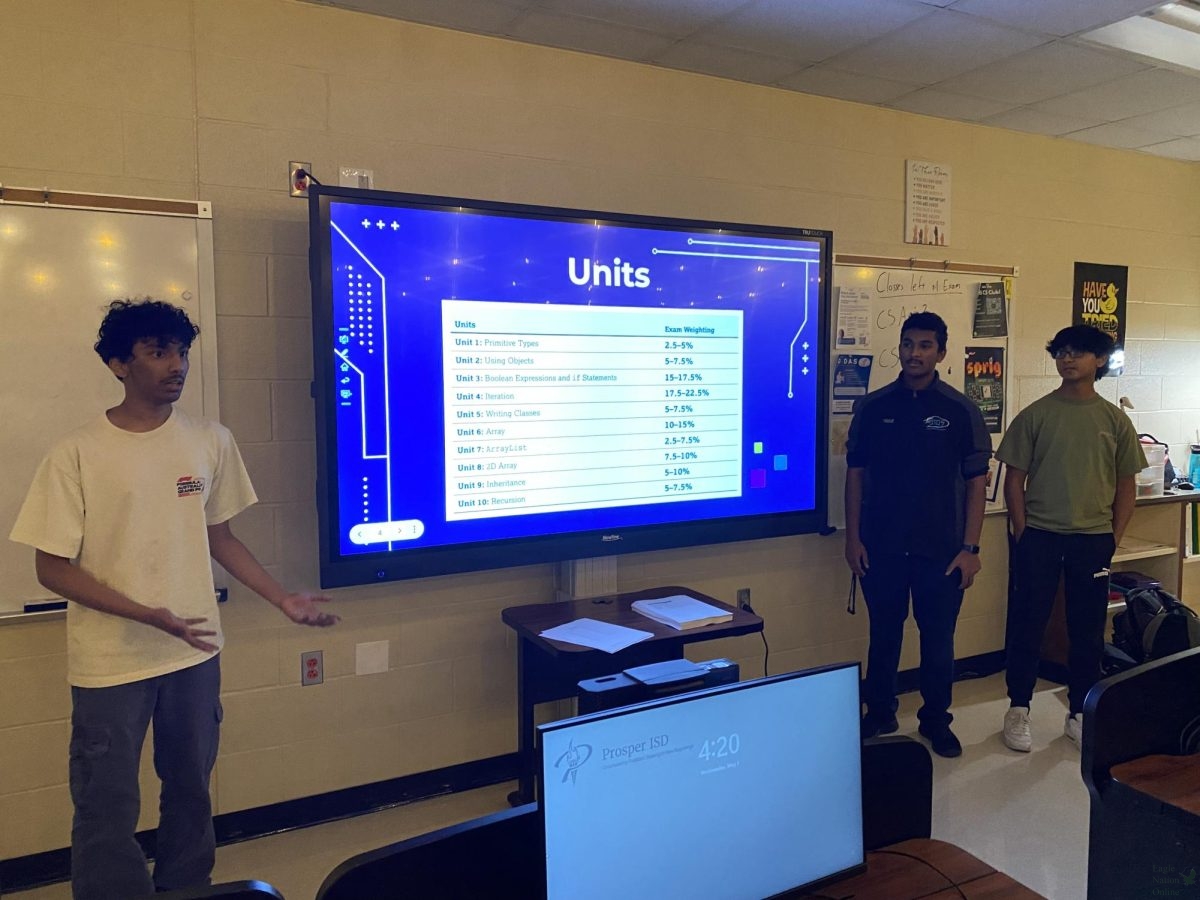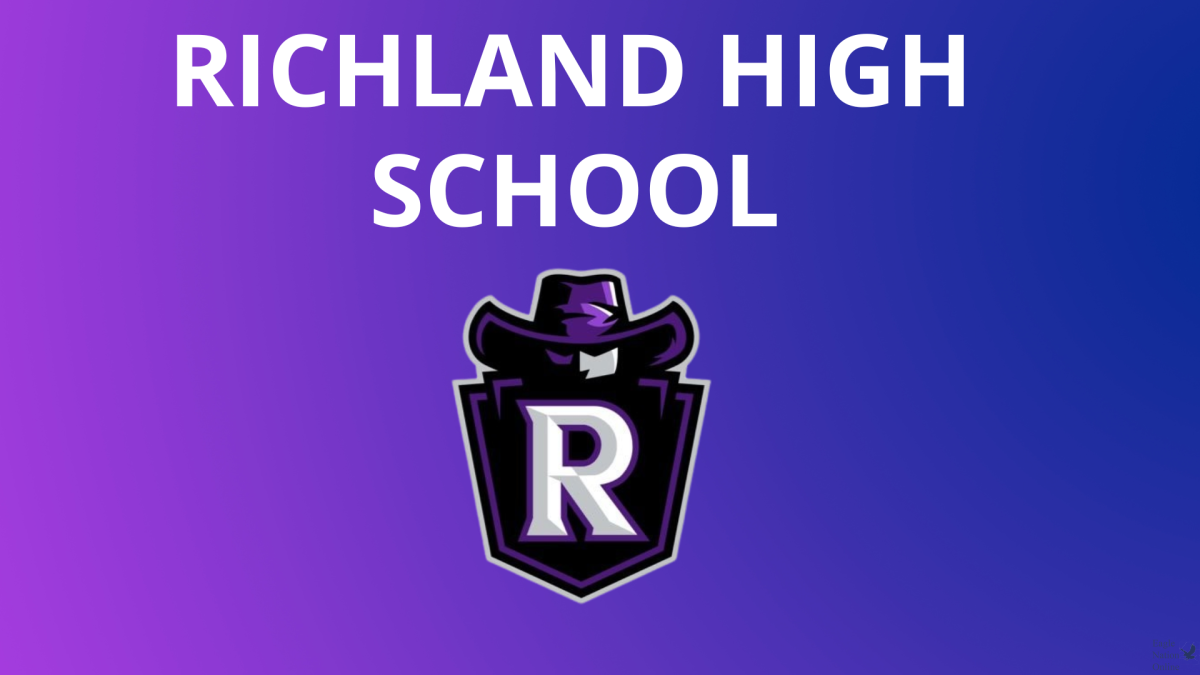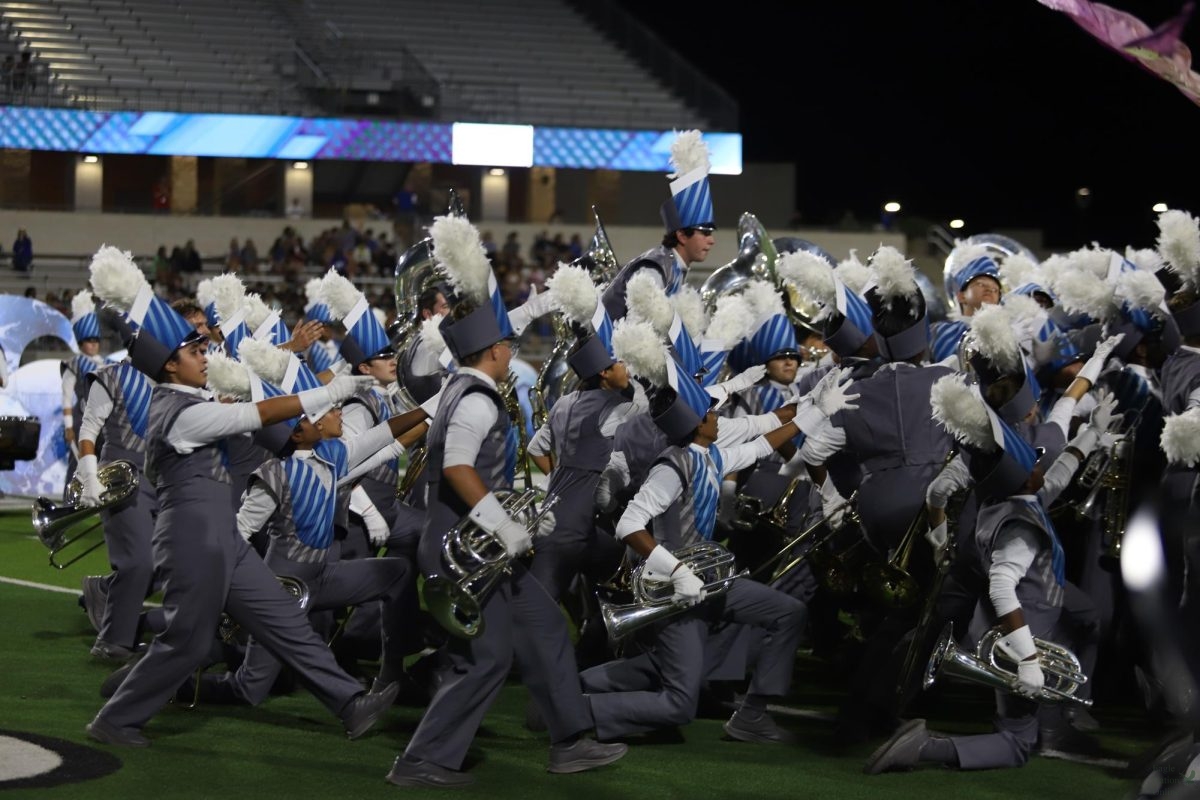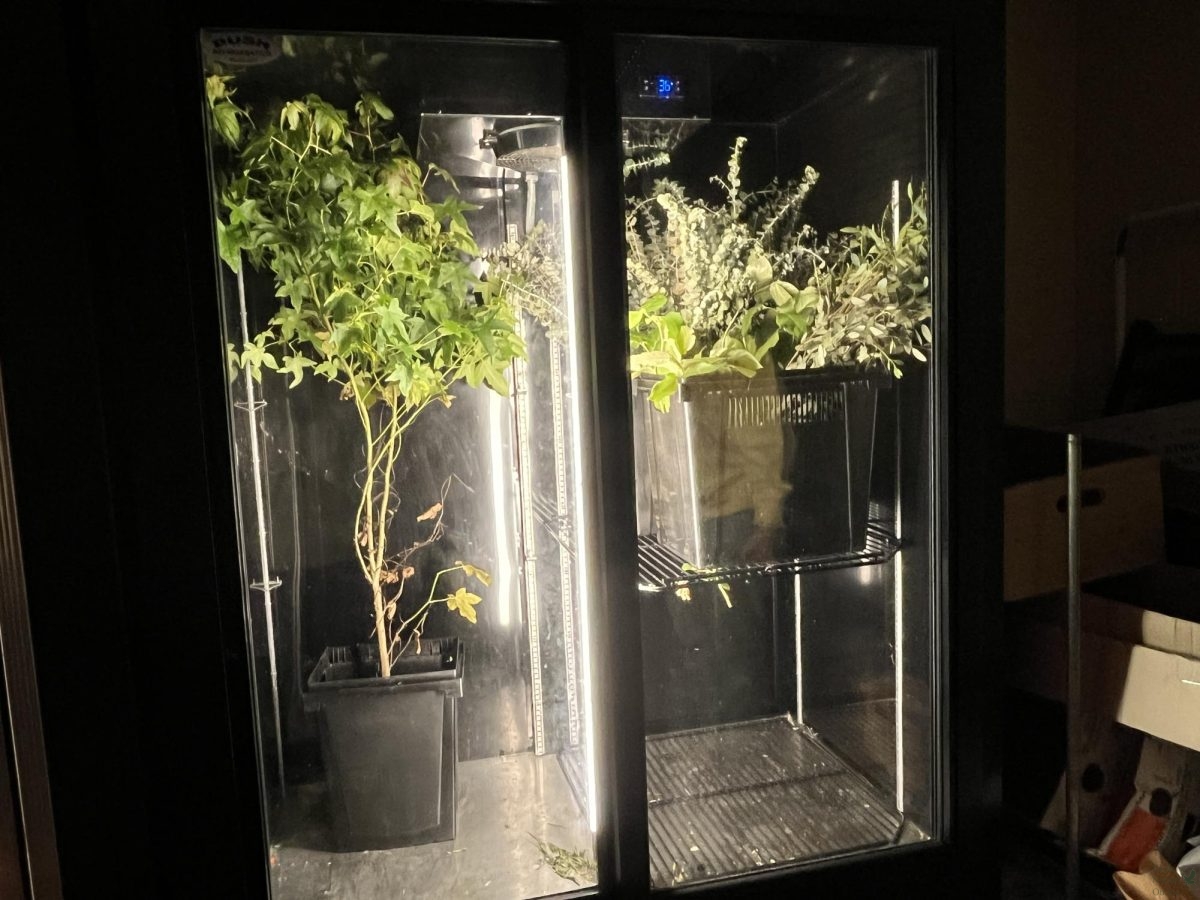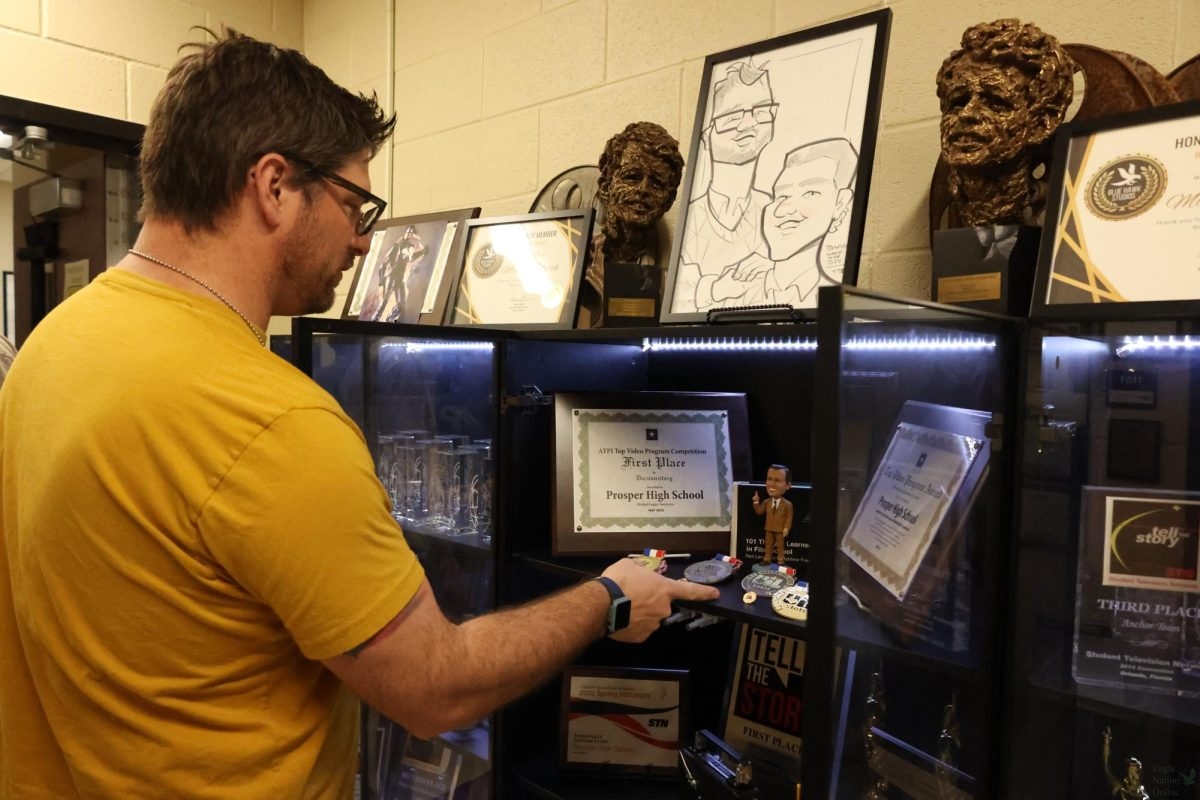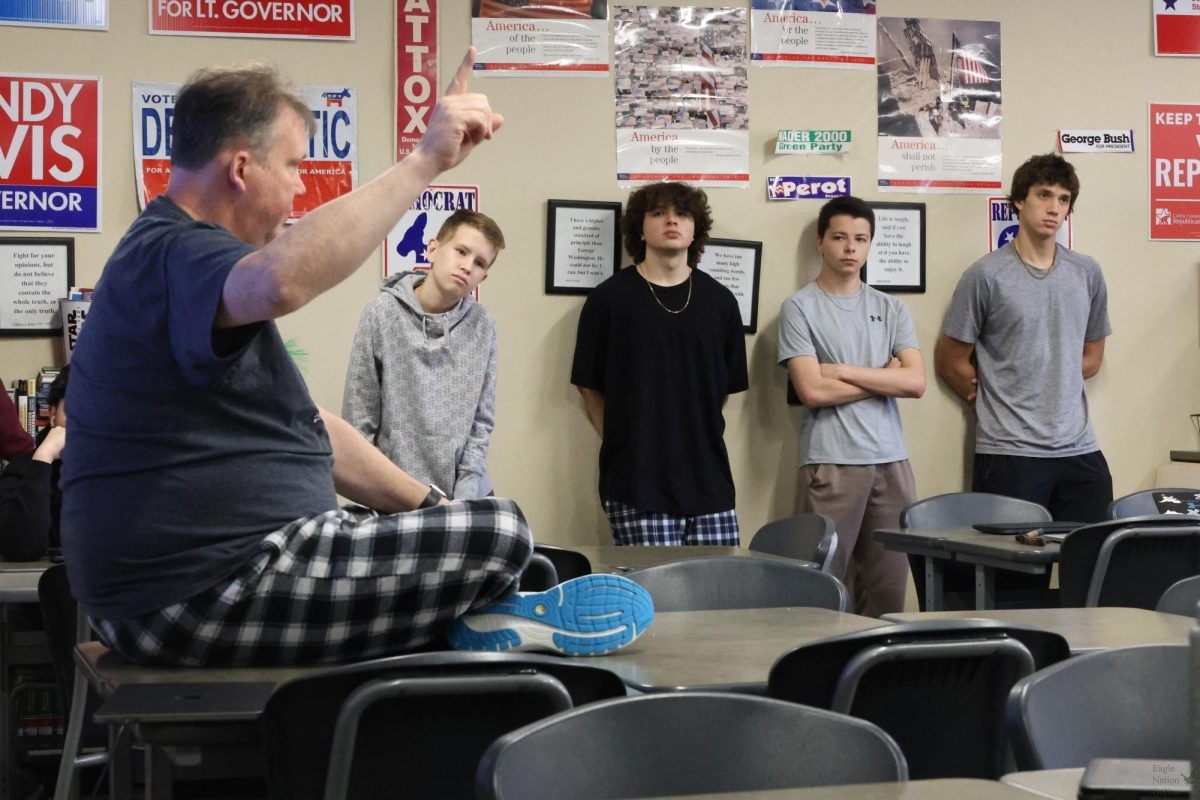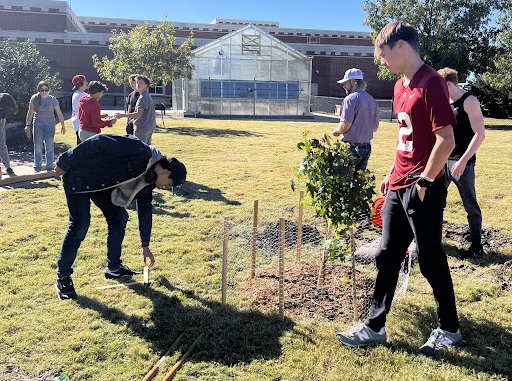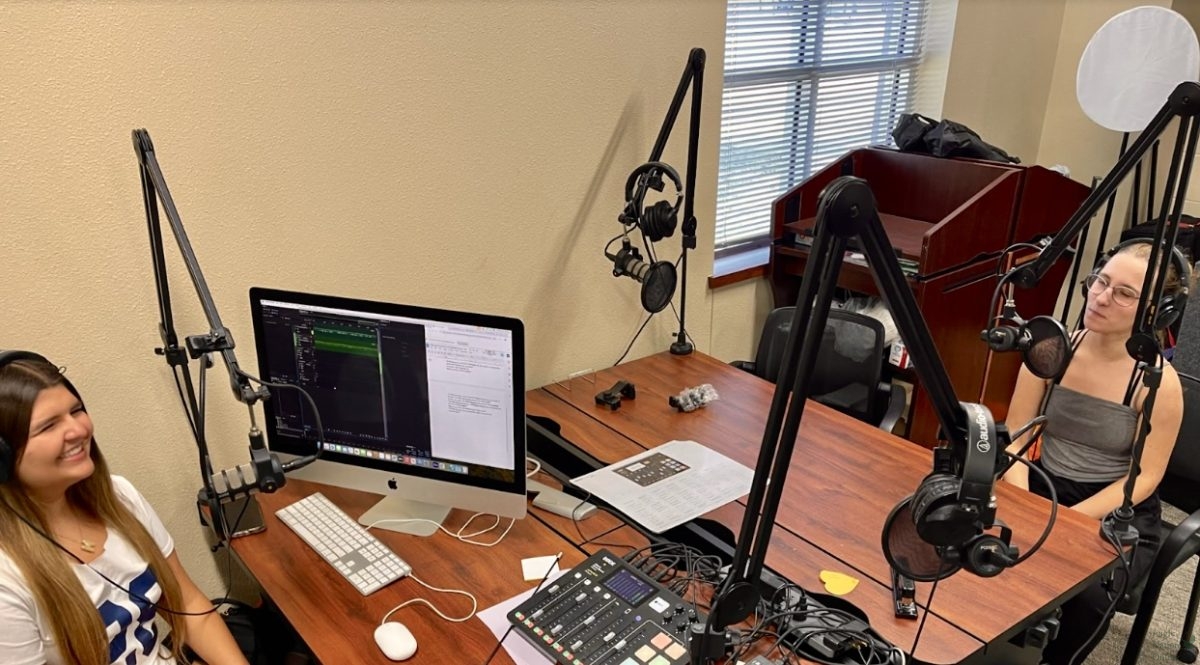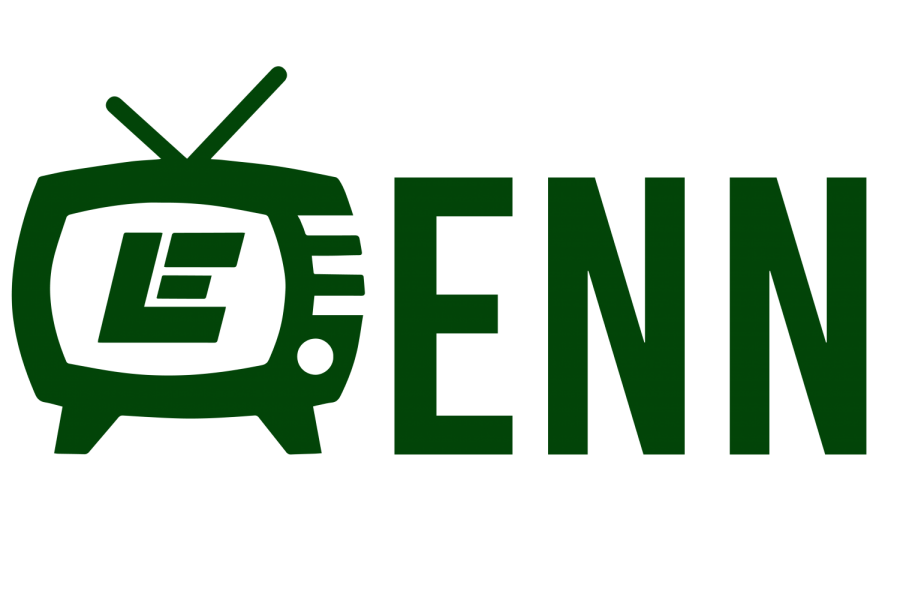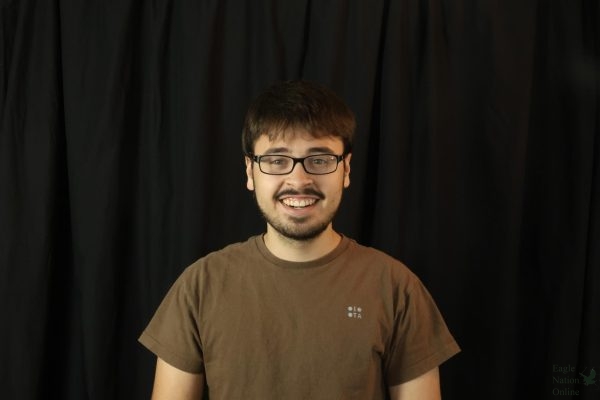Standing in front of a class, computer science students, seniors Akhil Kotturi and Puranjay Prashanth prepare to teach what they say is their “greatest” passion – programming.
Kotturi and Prashanth lead a nonprofit computer science organization named Project UCode. This organization holds online and in–person meetings, where students can learn about computer science with various coding languages. Project UCode’s next event will be a webinar in which a computer science student from the University of Texas at Austin will speak on coding on Saturday.
Kotturi and Prashanth both started their computer science careers at a young age with an interest in technology and programming.
“When I was 10, I started learning a lot about computers in general,” Prashanth said. “I found it fascinating how you could use programming to solve simple issues and create basic programs that just said, ‘Hello, World,’ or make calculations and things like that. From there, I started to learn mobile app development, website development and even some parts of cybersecurity. That’s really where it all stemmed off from for me.”
Kotturi and Prashanth first established Project UCode in 2022.
“I first learned Python when I was in seventh grade,” Kotturi said. “I found it really helpful to have an online platform, especially with a live audience, and I felt like having something like that can help everybody. What I did is I tried to look for other platforms who did something similar, but, a lot of times, live classes cost a lot of money. So, what I tried to do is do it for free so that people in other countries and here can actually learn and experience computer science for free.”
Kotturi and Prashanth said they wanted to make their passion easily accessible to students around the world.
“Our goal here was to create an online platform in which we could foster the education of programming and different languages within the program’s sphere,” Prashanth said. “We started out with teaching Python, and we’ll probably move on to Java and other languages like that. We’ve started with computer science tutoring, and that’s helped to bring our mission forward, trying to help bridge that gap and make learning for programming much easier than it already is.”
Prashanth and Kotturi took inspiration from online learning platforms in creating Project UCode.
“A lot of people need some sort of platform to learn, and we’ve really been inspired by companies or organizations such as Khan Academy and other nonprofits,” Kotturi said. “We wanted to create some sort of platform similar to that – but within the computer science field.”
Project UCode is entirely student-led, with only officers and guest speakers teaching about coding at its meetings.
“A benefit of students teaching each other how to code is the fact that they have similar backgrounds and similar experiences,” computer science teacher Brian Singleton said. “They can relate to each other in a way that allows them to see particularly where others are struggling, as long as well as maybe being related to the content in a unique and different way that I’m not going to have our perspective on, so that’s really nice.”
In the US, Project UCode has chapters in Illinois and Georgia in addition to its Texas chapters.
“We recently actually made a post on social media post about chapters and everything, so you can check that out for more information,” Kotturi said. “Other than social media, we also try to connect with people around us. So, if there’s anyone we know who’s interested in computer science, or if there’s any friends of our friends who are interested in computer science, we try to spread the word, and through spreading the word, we try to get people on board.
Project UCode is still expanding, and a new chapter is being established at Emerson High School.
“Our requirements are to have some people who are interested in joining the chapter, so around at least like 10 to 50 people or so who are interested in joining and actually participating,” Kotturi said. “We also need some sort of approval from the school or some people around them in order to just keep everything legal.”
Kotturi and Prashanth are also focused on setting up international chapters.
“We do have some people in India that joined our classes and said they were interested in helping out,” Kotturi said. “So, we are looking to establish a chapter there sometime this year. We also have some connections in other countries, such as Nigeria, and we’re hoping to expand there.”
Last year, Project UCode hosted review sessions for students taking the “AP Computer Science A” test at Walnut Grove and Prosper on April 24 and May 1, respectively.
“We walked through some of the basic test taking tips and the overall unit structure of how the CSA test works,” Prashanth said. “We also kind of advised people how to proceed on that CSA aspect. Writing things down and keeping track of everything is really important in succeeding in CSA, especially with the amount of information they give you. So we kind of give them test-taking tips, walk them through an FAQ, and gave them an opportunity as questions when they could just easily ask one of the three members out there any questions they had about the test.”
Over the summer, Project UCode held online webinars and a boot camp. On Saturday, the organization will be holding an online meeting where a University of Texas at Austin computer science student will speak.
“We did a Python boot camp, which involved various sixth graders and seventh graders,” Kotturi said. “What we basically did is we had a curriculum, and we taught them the basics of Python. We got a lot of positive feedback at the end, and we’re hoping to expand our platform.”
Kotturi and Prashanth’s main goal was creating an online and in–person platforms where people around the world can learn about programming for free.
“Our idea was creating a place where people can ask questions and be open to learning new programming languages where you can learn the basics of more advanced stuff,” Prashanth said. “There’s always people that can help you here and kind of guide you in the right direction.”




